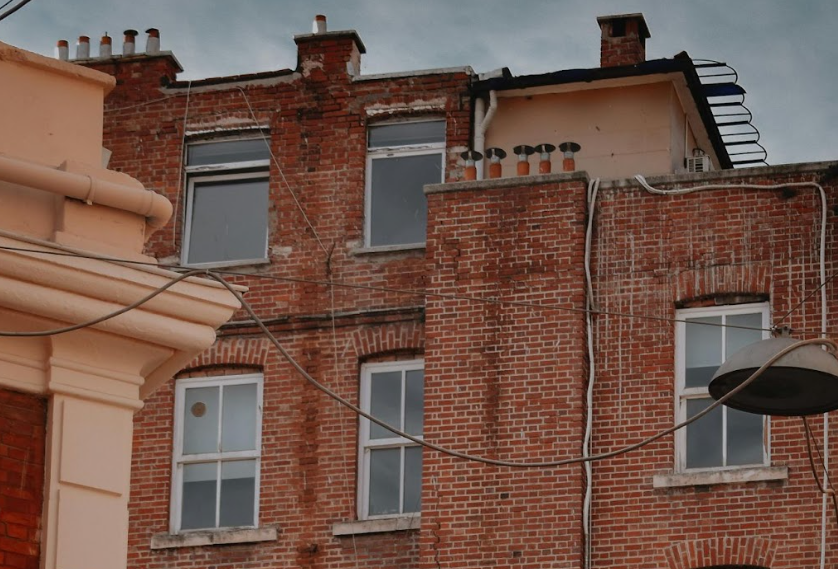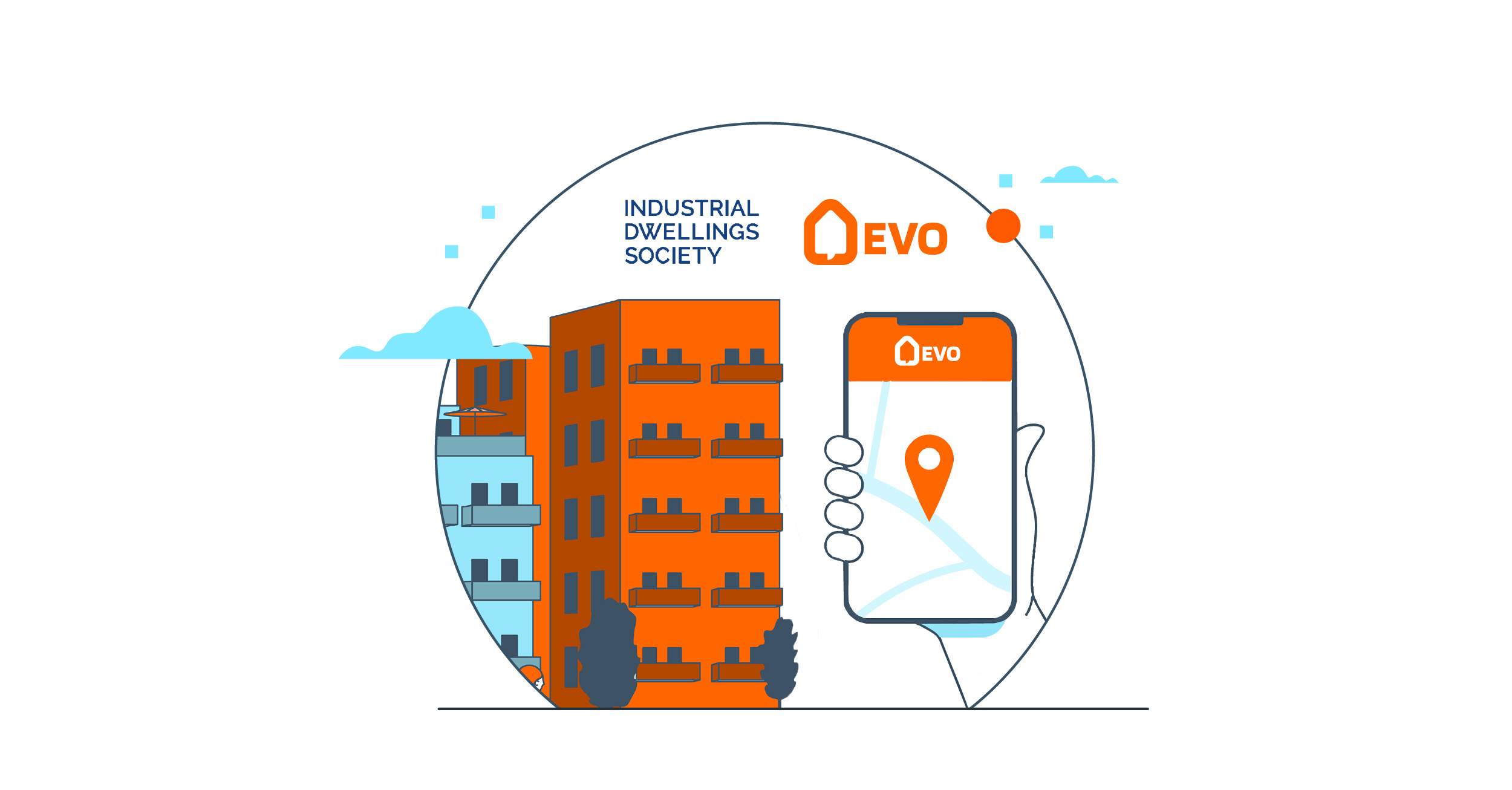
In the past six years, nine children under age 11 have died after falling out of windows or from balconies in social housing in England.
Each of these cases is a tragedy made worse by the fact that, in almost all instances, basic safety devices such as window restrictors or locks were either absent or in a poor state of repair.
Worse still, some of the families had repeatedly reported the broken window locks to landlords, but the problem was not treated as urgent.
Had the landlords involved responded to their residents or kept their windows in better condition, then these children may still be alive today.
Landlords must have processes and policies in place to ensure window safety locks and balconies are safe and in good condition.
This article provides practical guidance on how landlords can ensure the windows and balconies on their properties are safe.
What Are Window Safety Locks?

Window safety locks are devices that limit how far a window can open. They usually enable a gap wide enough to allow good air flow and fresh air, but narrow enough to keep a child from slipping through.
Beyond child safety, locks also improve overall home security by reducing the risk of intruders gaining entry through windows.
UK safety guidelines recommend that any window where a fall could occur should be fitted with opening limiters no wider than 100 mm, and that it should not be possible to disengage window restrictors without a special key or tool.
Put simply, window safety locks prevent windows in high-rise properties from opening dangerously wide.
So why are they not installed on all high-rise windows? There are two main reasons:
-
Many older social housing units never had these safety locks installed in the first place.
-
Even though it is mandatory for window restrictors to be fitted in schools and hospitals, there is no legal requirement for them to be fitted in social housing properties.
Windows aren’t the only fall risk. Balconies also pose a serious threat to children and vulnerable adults.
For example, in 2023, a 39-year-old woman with severe epilepsy died after falling from her balcony due to a seizure.
Ensuring the design of balconies meets safety standards is also crucial.
UK Building Regulations (Part K) require balcony balustrades or guardrails to be at least 1.1 metres high for balconies, and for any gaps in them to be less than 100 mm to prevent a child from slipping through.
How Housing Providers Can Make Windows and Balconies Safer

Upgrading and maintaining windows and balconies may seem like a lot of work, and could cost a lot of money. But it could save someone’s life.
Here are some steps landlords can take to make these parts of their properties safer:
Windows
-
Focus on older properties: As mentioned above, older homes rarely have suitable window safety devices installed. Landlords should identify older homes with a high risk of falls and conduct an inspection and retrofit programme.
-
Choose certified window safety locks: Ensure any locks installed meet British Standards like BS EN 13126/14351 and are made from durable materials.
-
Speak to residents: Once window restrictors are fitted, ask residents not to remove or tamper with them and to report any problems immediately.
Balconies
-
Review balcony railings: Confirm they are sturdy and comply with regulations, and consider the range of materials and designs available to improve both safety and durability. Repair any loose panels, broken rails, or wide gaps. Upgrade substandard barriers without delay.
-
Control access to balconies: Install high-level locks or safety latches on balcony doors so that young children cannot wander onto a balcony unsupervised.
-
Remove climbable hazards near the balcony edge: Advise residents to keep furniture, planters, and other objects away from balcony railings. This way, children cannot use them as steps to climb over a rail.
-
Develop a fall communication policy: Establish a guideline advising all residents with small children to keep balcony doors locked when not in use and never leave children unattended on a balcony. Remind them that balconies are not safe play areas for unsupervised kids, no matter how high the railings.
Here’s a good example of best practice from housing provider Hightown. It has created a dedicated page explaining to residents what is permitted on balconies and reminding them how to enjoy the space safely.

The Role of Inspection, Repair, and Maintenance
In May 2025, five-year-old Aalim Makial Jibril fell to his death from a 15th-floor window. His mother had reported the window as faulty multiple times, but records claimed the repair was completed when in reality it was not.
This highlights the critical role that responsive, high-quality repairs play in ensuring window and balcony safety.
Every repair to high-up windows and balconies should be treated as urgent, repaired to a high standard and signed off.
Critically, the resident should also be asked if they are satisfied with the quality of the work and agree that the issue has been made safe.
This should be done as a matter of course after every job is completed, creating a feedback loop that ensures nothing is missed.
📖 For more on landlord repair responsibilities, see our guide on how long landlords have to fix problems in the UK.
However, simply responding to repair requests isn’t enough. Housing providers need to take proactive action to understand the condition of the safety features in their properties and make improvements where required.
This could involve:
-
Identifying properties that house children and vulnerable people who are on the third storey or higher.
-
Plan annual safety inspections to look for issues like loose window frames, broken restrictors, or failing window hinges.
-
Ensure good records are kept to ensure incomplete jobs aren’t ticked off.
-
Assign a dedicated building safety manager for each high-rise. This person would be a single point of contact responsible for resolving safety issues and collecting customer feedback, including relating to windows and balconies.
Educating Residents is Key

One of the best ways to avoid balcony and window deaths is to communicate with residents and educate them about safety in these parts of their home.
If parents or carers understand the risks they face, then they can take steps to ensure children or vulnerable adults are not exposed to them.
Here are some tips to help landlords educate their residents:
-
Provide guidance on window and balcony safety in welcome packs, tenant handbooks, newsletters, and during property sign-up walkthroughs.
-
Ask residents not to show children how window restrictors or locks work, so they are less tempted to open them.
-
Avoid disengaging window restrictors, even in hot weather. Instead, advise them to use fans, keep blinds closed, and open windows on opposite sides of the property to enhance air flow. If a window must be opened wide due to extreme heat or smoke from cooking, remind residents never to leave young children alone in that room and reengage the restrictors afterwards.
What Is the Future for Window and Balcony Safety?

As mentioned earlier, installing safety measures on windows and balconies currently isn’t required by law.
However, this is likely to change. The government is currently overhauling the Decent Homes Standard (DHS) in England and several proposals have been made related to window and balcony safety.
These include making it a regulatory requirement to:
-
Install window restrictors anywhere there is a high risk of someone falling.
-
Improve locks on window and balcony doors.
-
Repair issues like broken latches, faulty frames, and failing window catches.
-
Class windows with missing or faulty safety mechanisms as Category 1 hazards under the DHS. Hazards in this tier are the most dangerous and should be fixed urgently.
However, housing providers shouldn’t wait for this legislation to be implemented. The lives of residents are at risk and landlords should take proactive action to improve safety in their properties today.
Improve Window and Balcony Safety With EVO
In this article, we’ve seen that responsive repair and maintenance, communicating with residents and keeping decent records are key to avoiding the kinds of tragedies described earlier.
That’s where EVO can help. We provide a digital platform that social housing providers can outsource all of their repairs and maintenance to.
We use a combination of modern technology, data and automation to provide efficient, high-quality repairs that make life easier for landlords and keep residents satisfied.
Here are some of the ways our system helps improve window and balcony safety:
-
Good communication: All your residents are given the EVO Living app. They can use this to report faulty window or balcony devices, as well as access guidance on how to minimize risk to their family.
-
Fast repairs: We automatically assign the next available tradesperson to make a repair.
-
Residents in control: Residents can choose a time that suits them and manage their repair requests using their app.
-
High-quality work: All our work is carried out by verified tradespeople and is given a 12-month EVO guarantee.
-
All work signed off: Our helpdesk team ensures all work is completed to a high standard before signing off on the job. Residents are automatically sent a customer satisfaction survey after every job to make sure they are satisfied that the problem has been resolved and they are happy with the service provided.
-
Detailed property data: EVO has detailed data on all of your properties. You’ll be able to see which properties are high-rise, if they have a balcony, what types of window devices they have, and more. This allows you to quickly identify properties that may need upgrading.
Get in touch to find out how EVO can help you improve health and safety, as well as help keep your properties secure through better repairs and maintenance.
PHOTO BY EVO


